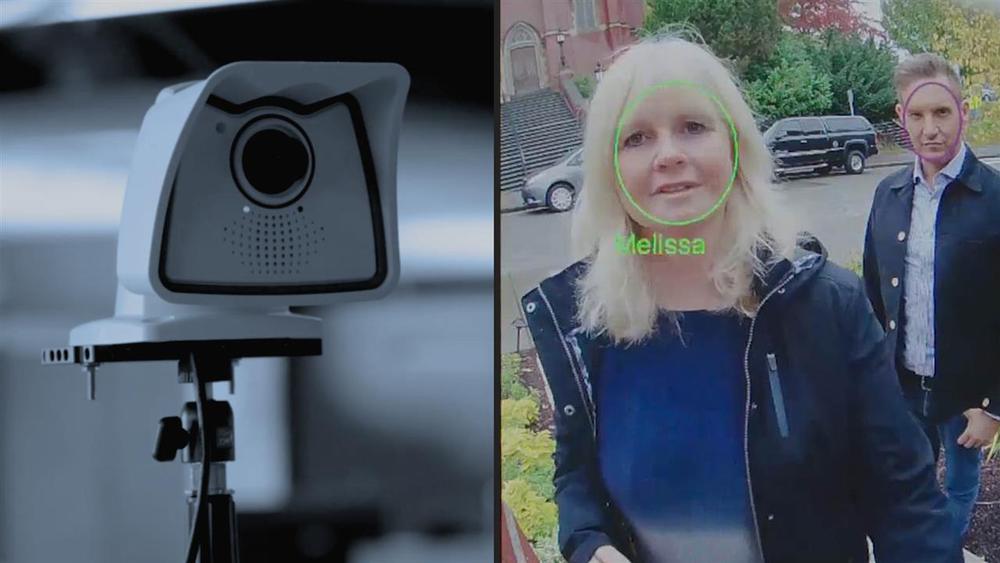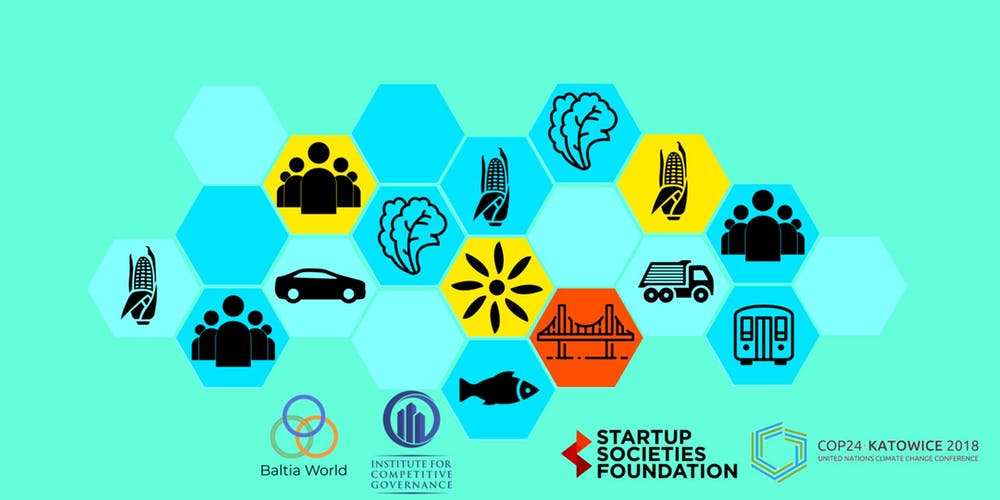Months of harassment led Matthew Herrick to file a lawsuit against the dating app — and he’s using laws meant to protect consumers from dangerous products to do so.



Facial recognition is going mainstream. The technology is increasingly used by law-enforcement agencies and in schools, casinos and retail stores, spurring privacy concerns. In this episode of Moving Upstream, WSJ’s Jason Bellini tests out the technology at an elementary school in Seattle and visits a company that claims its algorithm can identify potential terrorists by their facial features alone.

This new law was signed just as a partial US government shutdown began.
The new National Quantum Initiative Act will give America a national masterplan for advancing quantum technologies.
The news: The US president just signed into law a bill that commits the government to providing $1.2 billion to fund activities promoting quantum information science over an initial five-year period. The new law, which was signed just as a partial US government shutdown began, will provide a significant boost to research, and to efforts to develop a future quantum workforce in the country.
The background: Quantum computers leverage exotic phenomena from quantum physics to produce exponential leaps in computing power. The hope is that these machines will ultimately be able to outstrip even the most powerful classical supercomputers. Those same quantum phenomena can also be tapped to create highly secure communications networks and other advances.
From groundbreaking moon missions to growth in the legal-cannabis market, 2019 will be year of new highs. Here’s what to watch out for in the year ahead.
Click here to subscribe to The Economist on YouTube: https://econ.st/2xvTKdy
For more from Economist Films visit: http://films.economist.com/
Check out The Economist’s full video catalogue: http://econ.st/20IehQk
Like The Economist on Facebook: https://www.facebook.com/TheEconomist/
Follow The Economist on Twitter: https://twitter.com/theeconomist
Follow us on Instagram: https://www.instagram.com/theeconomist/
Follow us on Medium: https://medium.com/@the_economist

Researchers from the Moscow Institute of Physics and Technology, ETH Zurich, and Argonne National Laboratory, U.S, have described an extended quantum Maxwell’s demon, a device locally violating the second law of thermodynamics in a system located 1–5 meters away from the demon. The device could find applications in quantum computers and microscopic refrigerators cooling down tiny objects with pinpoint accuracy. The research was published Dec. 4 in Physical Review B.
The second law says that the entropy — that is, the degree of disorder or randomness — of an isolated system never decreases.
“Our demon causes a device called a qubit to transition into a more orderly state,” explained the study’s lead author Andrey Lebedev of MIPT and ETH Zurich. “Importantly, the demon does not alter the qubit’s energy and acts over a distance that is huge for quantum mechanics.”


NBA superstar Steph Curry said he was kidding when he said he doesn’t believe humans landed on the moon.
“Obviously I was joking when I was talking on the podcast,” the Golden State Warriors guard told ESPN on Wednesday. “I was silently protesting how stupid it was that people actually took that quote and made it law.”
While appearing on an episode of the podcast “Winging It,” which posted Monday, Curry asked fellow NBA players Vince Carter, Kent Bazemore and Andre Iguodala “We ever been to the moon?”

I’m speaking next Friday evening, Dec 14, at 6PM then doing a panel at the NodeSF in San Francisco. Hosted by the Institute for Competitive Governance and Startup Societies Foundation, the event will discuss innovative approaches for new cities and societies. Join us in building the future! https://www.eventbrite.com/e/future-cities-distributed-socie…gFeha96wn2 #transhumanism
How are the future cities going to look like? Are they going to be sovereign states? Will people have decentralized governments? What is the future of law like?

As an international relations scholar who studies space law and policy, I have come to realize what most people do not fully appreciate: Dealing with space debris is as much a national security issue as it is a technical one.
Considering the debris circling the Earth as just an obstacle in the path of human missions is naive. As outer space activities are deeply rooted in the geopolitics down on Earth, the hidden challenge posed by the debris is the militarization of space technologies meant to clean it up.
To be clear, space debris poses considerable risks; however, to understand those risks, I should explain what it is and how it is formed. The term “space debris” refers to defunct human-made objects, relics left over from activities dating back to the early days of the space age. Over time that definition has expanded to include big and small things like discarded boosters, retired satellites, leftover bits and pieces from spacecraft, screwdrivers, tools, nuts and bolts, shards, lost gloves, and even flecks of paint.

by Russell Corlett, health and safety director for Peninsula. The HR and employment law business consultant is based in Manchester and has over 30 years’ experience, as well as an international presence in Australia, Canada, and New Zealand.
Health and safety has faced a major upheaval in recent years. The arrival of the digital revolution, and changing corporate and social attitudes, has seen a seismic shift in how the industry operates.
As we adapt to technological advancements and diverse workplaces, let’s break out a crystal ball, examine the available evidence, and see where things may be a decade from now. The future of business While we can’t say for sure what will happen, it’s possible to make an educated guess. There are already white papers speculating on the future business world, such as a detailed analysis by professional services network PwC. This report suggests four potential outcomes by 2030: